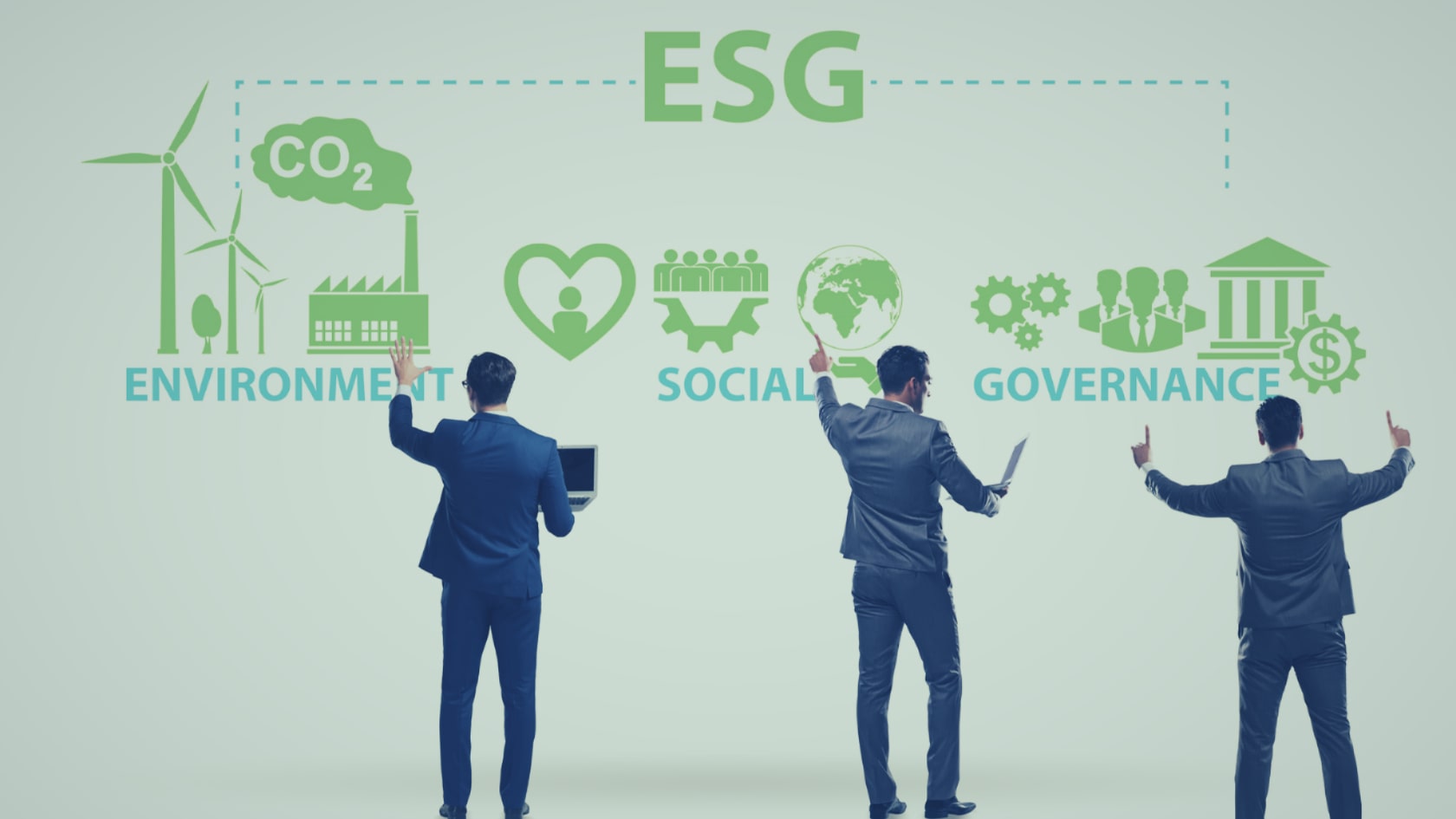
ESG Controller: Essential Role for Modern Organizations
- August 30, 2024
- OHI

In recent years, the significance of Environmental, Social, and Governance (ESG) factors has become undeniable for businesses. Stakeholders, including investors and customers, are increasingly demanding transparency and accountability regarding a company’s impact on society and the environment. As a result, the role of the ESG Controller has emerged as a crucial position within organizations. This article explores the importance of this role, the benefits it offers, and how organizations can determine if they need one.
An ESG Controller is a specialized role responsible for overseeing and managing a company’s ESG initiatives and reporting. This individual ensures that the organization adheres to ESG standards, aligns its practices with stakeholder expectations, and effectively communicates its ESG performance to investors and the public.
The increasing focus on sustainability and ethical governance has made it essential for companies to have dedicated personnel who can navigate the complexities of ESG compliance. An ESG Controller not only helps in meeting regulatory requirements but also plays a vital role in enhancing the organization’s reputation and long-term viability.
Recent studies indicate that companies with strong ESG practices often outperform their peers financially. According to a report by McKinsey & Company, businesses that prioritize sustainability can achieve better risk management and attract more investment. As a result, organizations are beginning to recognize the competitive advantage that comes with robust ESG strategies.
Investors are increasingly looking at ESG metrics when making investment decisions. A survey by Morgan Stanley found that 85% of individual investors are interested in sustainable investing. This shift in investor behavior underscores the need for companies to have a clear ESG strategy and dedicated personnel to manage it.
An ESG Controller is responsible for developing and implementing the organization’s ESG strategy. This includes setting measurable goals, identifying key performance indicators (KPIs), and ensuring alignment with the company’s overall business objectives.
One of the critical functions of an ESG Controller is to collect, analyze, and report ESG data. This involves ensuring that the data is accurate, reliable, and compliant with relevant regulations. Effective reporting not only fulfills legal obligations but also enhances transparency with stakeholders.
Sustainability is not a trend; it’s a responsibility.
Engaging with stakeholders is crucial for understanding their concerns and expectations regarding ESG issues. An ESG Controller acts as a liaison between the organization and its stakeholders, facilitating communication and fostering trust.
ESG risks can significantly impact a company’s reputation and financial performance. The ESG Controller plays a vital role in identifying potential risks associated with environmental practices, social responsibility, and governance issues, allowing the organization to mitigate these risks proactively.
In a world where every choice matters, the commitment to sustainability is not just ethical—it’s essential for lasting success.
| Benefits | Description |
|---|---|
| Enhanced Reputation | A dedicated ESG Controller can improve the company’s public image by demonstrating commitment to sustainability and ethical practices. |
| Better Risk Management | By identifying and managing ESG risks, organizations can avoid potential pitfalls that could harm their reputation or bottom line. |
| Increased Investor Confidence | Transparent and effective ESG reporting can attract investors who prioritize sustainability, leading to increased funding opportunities. |
| Compliance with Regulations | An ESG Controller ensures that the organization adheres to evolving ESG regulations, minimizing legal risks. |
| Improved Employee Morale | Companies that prioritize ESG initiatives often see higher employee engagement and satisfaction. |
| Pros | Cons |
|---|---|
| Specialized expertise in ESG matters | Potentially high salary and overhead costs |
| Enhanced credibility with stakeholders | May require additional training for existing staff |
| Improved compliance with regulations | Risk of overlapping responsibilities with other roles |
| Ability to drive sustainability initiatives | Possible resistance to change within the organization |
Before deciding to appoint an ESG Controller, organizations should assess their current ESG practices and stakeholder expectations. Consider the following questions:
Organizations must also evaluate their resources and capacity to support the ESG Controller role. This includes considering budget constraints, existing staff capabilities, and the overall commitment to sustainability.
For organizations that may not yet be ready to hire a full-time ESG Controller, seeking external consultancy services can be a viable alternative. This allows companies to access specialized expertise without the long-term commitment of a full-time hire.
The role of the ESG Controller is becoming increasingly vital as organizations strive to meet the growing demands for sustainability and ethical governance. By understanding the responsibilities and benefits associated with this position, companies can make informed decisions about whether to appoint an ESG Controller. As the landscape of corporate responsibility continues to evolve, investing in ESG expertise may not only enhance compliance and reputation but also drive long-term success.
Contact us for a customized NO OBLIGATION proposal for outsourcing your accounting activities.









